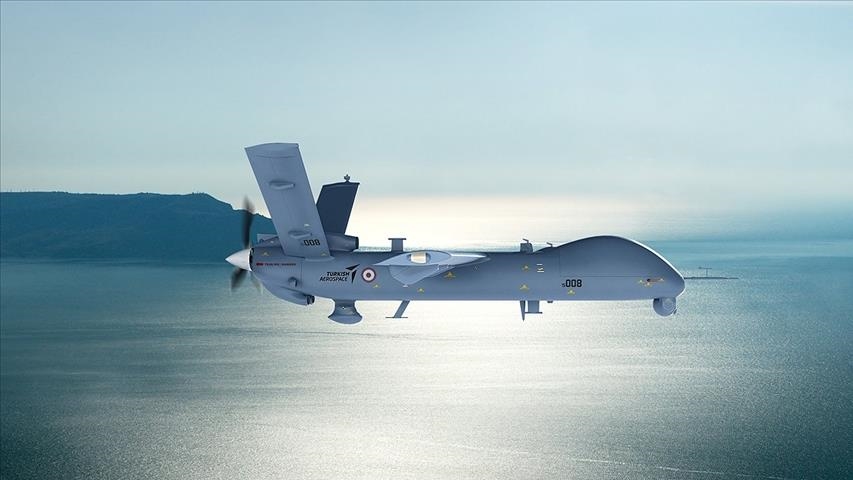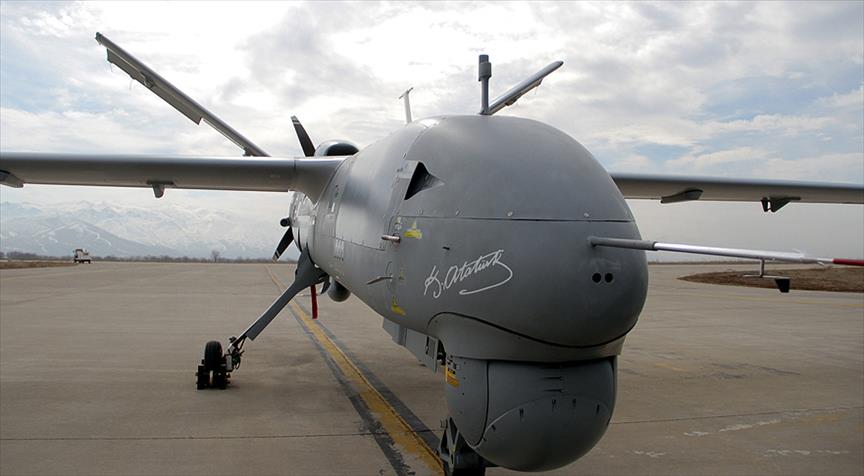
The Indonesian Air Force is set to receive Anka-S unmanned aerial vehicles (UAVs) from Türkiye's TAI to replace the Chinese-made CH-4 UAVs stationed at Air Squadron 52 in Natuna, according to defense news channel TurDef. The upgrade is part of a larger investment in unmanned aerial technology.
Indonesia’s acquisition of Anka-S UAVs highlights a shift in regional defense strategies, leveraging Türkiye’s advanced military technology. The move bolsters Indonesia’s beyond-visual-range (BVR) aerial combat capabilities, aligning with a broader vision for modernized warfare.

Since 2019, Indonesia has operated six Chinese-made CH-4Bs at the Natuna Air Force Base. These UAVs have a 1,500–2,000 km operational range and are armed with AR-2 air-to-surface guided missiles with a range of 1.5–8 kilometers.
The replacement of CH-4 UAVs with Anka-S underscores a deepening defense partnership between Indonesia and Türkiye. This collaboration reflects Indonesia’s aim to diversify its military supply chain and embrace innovative, combat-ready technologies. The transition also signals Indonesia's intent to reduce dependence on Chinese military systems.